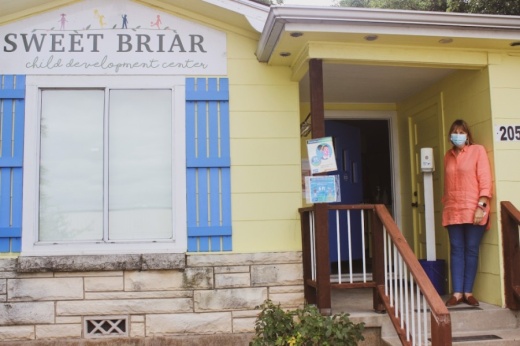After unanimously supporting an effort to preserve and ensure the success of the child care, live music, art, restaurants and/or bar industries—industries city leaders said are especially vulnerable and represent the city’s essence—City Council was prepared to vote on the new program at its Nov. 12 meeting. However, city staff said it needed to extend its deadline in order to fine-tune the program ahead of a final City Council vote. In a Nov. 9 memo to the mayor and City Council, Sylnovia Holt-Raab, acting director of the city's economic development department, said her department would bring the program back for approval by Dec. 3. City Council members initially said they wanted to approve the program no later than Nov. 12.
Although still under development, city staff laid out an initial outline of how the program could work. The proposal would allow the city to offer commercial property tax reimbursements to landlords who renegotiate their leases and offer rent reductions to business tenants. Qualifying businesses will need to be headquartered in Austin, prove revenue drops of at least 25% and employ no more than 75 people. Renegotiated leases must extend for at least 12 months.
According to city documents, the economic development department is wagering the cost of reimbursing property taxes to commercial landlords will be outweighed by the property and sales taxes generated by the saved business, the impact of the establishment on the city’s brand, and the property and sales tax generated by employees of the business staying employed and remaining active consumers.
As City Council worked in October on the creation of the $17.5 million SAVES program, which funded robust assistance for these struggling industries, Austin Mayor Steve Adler said he did not want the city’s efforts to kick the can down the road and only offer financial help on a few months of overdue rent. Adler said he wanted the program to ensure the industries would be better off than they were pre-pandemic.





